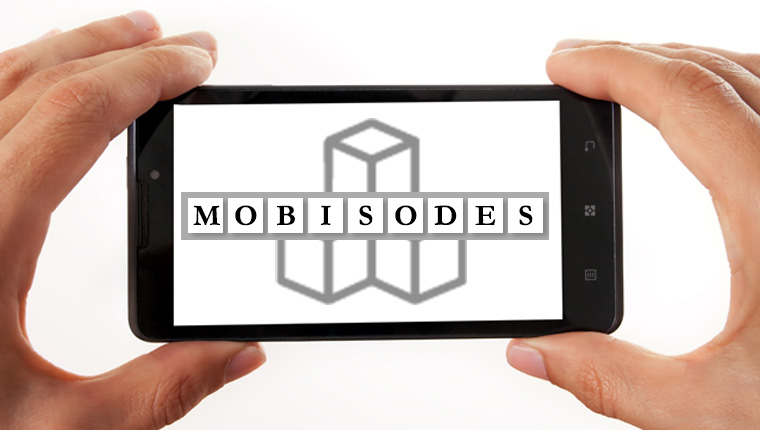Mobile Apps and How to Use Them for Corporate Training

Just like you use software programs for different purposes on your desktop and laptop, you require applications to perform different activities on mobile devices. These are called Mobile Applications or Mobile Apps, in short. PC Magazine defines Mobile App as, “a software application that runs in a smartphone, tablet or other portable device”.
In recent years, we’ve seen a ubiquitous growth of smartphones; they’ve become an indispensable device in one’s pocket or purse. A phone, today, is more than a device used for communication. We use smartphones to buy tickets, look for a nearby Thai restaurant or find our way back home in case we are lost. There is an app for everything these days!
Quite naturally, their usefulness for training has not been left unexplored. These apps can be used for training purposes as well and more specifically, as a tool for performance support or microlearning nuggets. But before that, there are two factors you need to consider when considering mobile devices for training purposes.
- Mobile devices come in different sizes and shapes. Smartphones have different screen sizes even among the same brand. Tablets have larger screens. Most of them have a touch interface, which becomes a key feature to keep in mind when designing for mobile devices.
- Mobile phones use different operating systems. Some of the operating systems that are commonly used are Google’s Android, Apple’s iOS, Blackberry, and Microsoft’s Windows operating systems. Once you develop an app, you will need to host it on the App store or an independent site, for individuals to download it on to their mobile devices.
You need to factor both the device and the operating system when developing mobile applications. It is best to choose the operating system that is most widely used in your organization. If the results are split, you may have to develop the application that is compatible with more than one operating system.
Why should you bother about developing mobile apps?
If there are so many variables for developing a mobile app, why bother? Well, we know that learning cannot be a one-time event. It needs reinforcement on a regular basis. Also, we remember better when we space our study time into small, multiple periods (Ref: Forgetting and Memory). Thankfully, mobile devices provide this option, where we can break learning into small bite-sized modules. So, why not make use of technology?
Where will mobile apps be useful in training?
Broadly speaking, when we take into consideration typical training requirements within organizations, mobile apps can be used in the following three situations.
- Reinforce key points of classroom training: While employees get in-depth training in classrooms, knowledge when not used immediately, tends to slip back in the memory. Mobile apps help jog memory and bring essential information handy, to perform a task or a job. For example, if you want to be sure that your lab technicians are thorough with the way they handle hazardous chemicals, you can develop a mobile app that could be an anytime accessible virtual version of the “Do’s and Don’ts guide” that you handed to them during the classroom training. The advantage of having it in the form of a mobile application is that you can build other resources around it and link it to the application. You can have an assessment, quiz questions and reference links that help employees check their knowledge and refer to additional relevant resources quickly.
- Use simulations to replicate potential situations: What happens if you press the red knob instead of the green one, during a process? Doing so on the real equipment might permanently damage the equipment. However, in a simulated atmosphere, employees can perform actions, make mistakes, and learn from them in a safe environment. Product training, process training, software training are some areas that can benefit through mobile applications – particularly when it comes to critical aspects of using a product, process or software process. FAQs that normally arise in such situations also could be good content for mobile applications.
- Training to react to different scenarios: In some trainings such as code of conduct, compliance, or HR policies training, decisions need to be made, based on a given situation. Mobile apps can help simulate fictitious situations that will help employees make better decisions, in a given situation. Mobile apps also are useful during emergency situations, when learners need to decide the course of action to be taken. The application can prompt them with guiding questions and help employees make the right choice. One example I can think of is, “First Aid Training”. When you have a situation where an individual requires First Aid and you are not sure where to begin, an app could be a guiding force.
Mobile apps can be designed with branching scenarios where, based on individual responses, you design the next question or decision point. You can make the applications as complex as you want with multiple scenarios and branching options.
Mobile devices have changed the way we communicate with each other. Similarly, they are influencing the way training is being conducted in organizations. Mobile apps, in particular, can be capitalized to provide performance support to employees at the time of need. Have you used a mobile app for training? How did you benefit from it? Do share your thoughts here.





